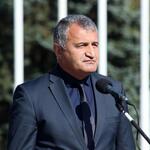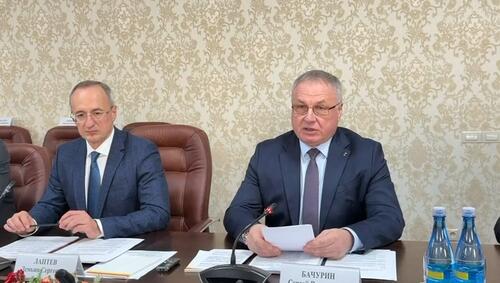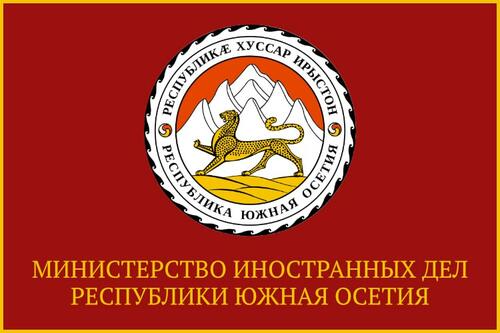President of South Ossetia Anatoly Bibilov said that the Ossetian genocide in 1920, which killed tens of thousands of people, was prepared and carried out by direct order and under the leadership of the Georgian authorities, and in 1989-1992 and in 2008 the extermination of the South Ossetian people was stopped only thanks to Russian intervention.
In South Ossetia, June 20, by the decree of President Anatoly Bibilov, was established as the Day of Remembrance for the Victims of Genocide, and nationwide mourning was declared on that day. On Saturday, mourning events dedicated to the 100th anniversary of the Ossetian genocide are held in the Republic. Thousands of black balloons will be launched and prayers will be served in memory of the victims in all regions of the Republic.
"Today in Ossetia is the anniversary of mournful memory, the memory of one of the most tragic pages in the history of Ossetians - the genocide committed by Georgia in 1920. Tens of thousands of people - children, women, old people became victims of the genocide; South Ossetia lost a third of the Ossetian population. The Ossetian genocide was prepared and carried out at the direct direction and under the leadership of the Georgian authorities. The whole nation was systematically destroyed in their native land. Georgian punishers indiscriminately killed innocent people - children, old people, women - only for their belonging to the Ossetian nation, "the President said in his address to the nation in connection with the centennial of the Ossetian genocide.
According to the President, the lack of condemnation and impunity led tens of years later of new Georgian leaders to the resumption of direct genocide, and again - with complete national unanimity. "Twice - in 1989-1992 and in 2008 - the extermination of the people of South Ossetia was stopped only thanks to the decisive intervention of the Russian Federation," the President emphasized.
He has noted that Georgia is making great efforts to prevent the spread of the truth about the Ossetian genocide, but it will not be able to erase the history of its crimes. "The facts of the crimes committed by Georgia are becoming more widely known in the world. Sooner or later, the international community will come to recognize and condemn the Ossetian genocide," the President said. He emphasized that "only through revealing the truth, through condemning each fact of genocide and restoring justice will it become possible to stop the escalation of such tragedies in the world and prevent future crimes against humanity."
According to historical data, as a result of the genocide in 1920, 5,279 people were killed - this is 20% of the Ossetian population of South Ossetia, of which one in three is a child. Another 15 thousand Ossetians died during exile from cold, hunger and various diseases. During the genocide, 21 thousand people were killed, more than 100 Ossetian villages were burned. More than 50 thousand people became refugees, crossing the passes to the North Caucasus to Russia.







